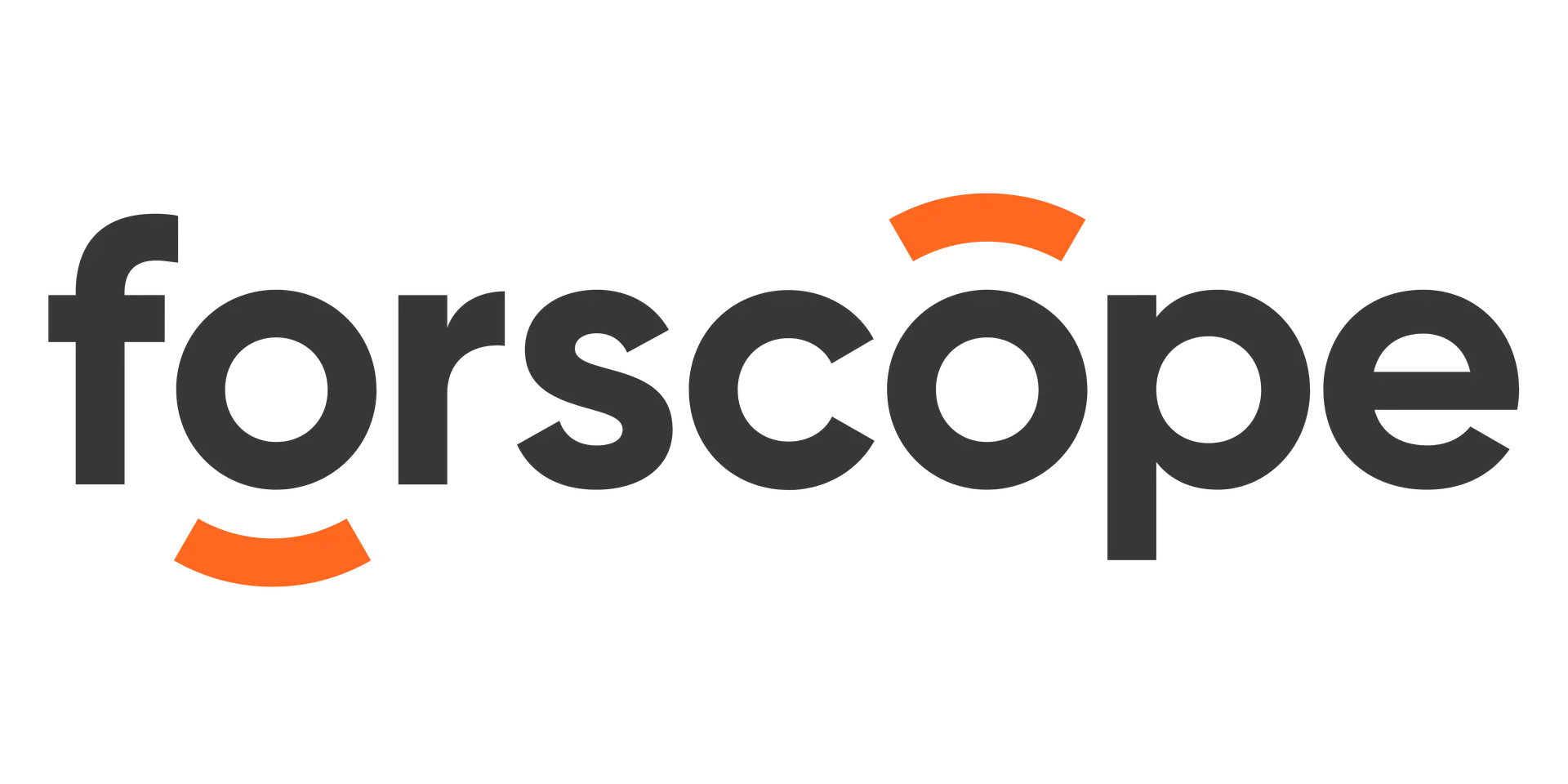Latest news about Forscope
Our official news page where you can find the latest press releases, interviews and more about Forscope's activity in Europe.

Customers should be cautious when purchasing licenses | Jakub Šulák, CEO of Forscope
Jakub Šulák notes that the Czech and Slovak markets are relatively advanced within CEE, yet still lag behind places like Germany.
The secondary software market is closely tied to the issue of illegal software, as it enables legalization and large cost savings.
Customers must insist on full transparency when acquiring licenses.
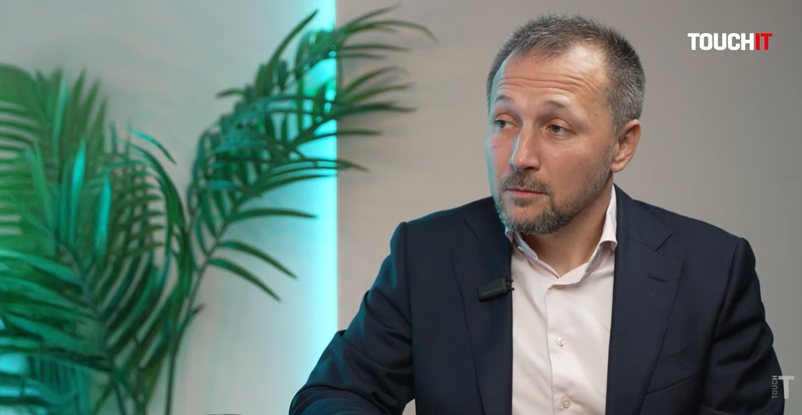
Forscope – Modernization and Savings: The New Software Strategy for the Public Sector
Jakub Šulák, managing director of Forscope, the largest software broker in Central and Eastern Europe, was a guest on the Dotyk podcast.
The discussion focused on how organizations can legally save up to 50% on software costs through trading used licenses, how the process works in practice, Forscope’s partnerships, and the advantages of secondary software.

Jakub Šulák: We pay ten times more for business software than just a few years ago
IT costs have gone completely out of control after the shift to the cloud.
In many places today, companies pay ten times more than just a few years ago. Yet IT environment costs can be reduced: the most elegant and sensible path is purchasing secondary software.
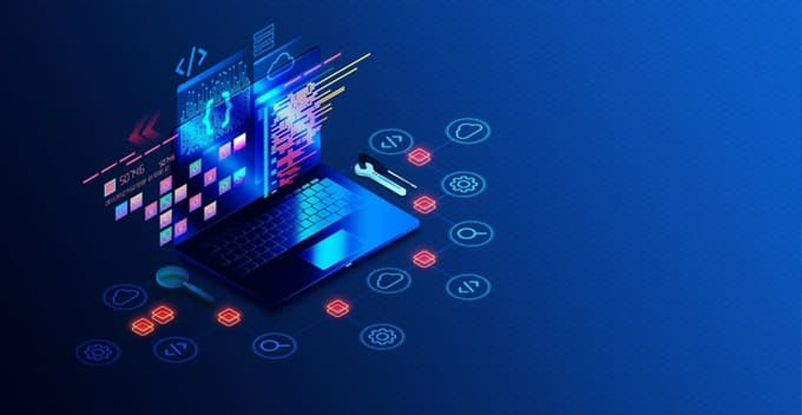
IT savings without compromise – secondary software
Modern business environments are filled with software.
As a result, licensing costs are steadily increasing.
But smart and pragmatic companies have found a way to save – with secondary software that is completely identical to new.
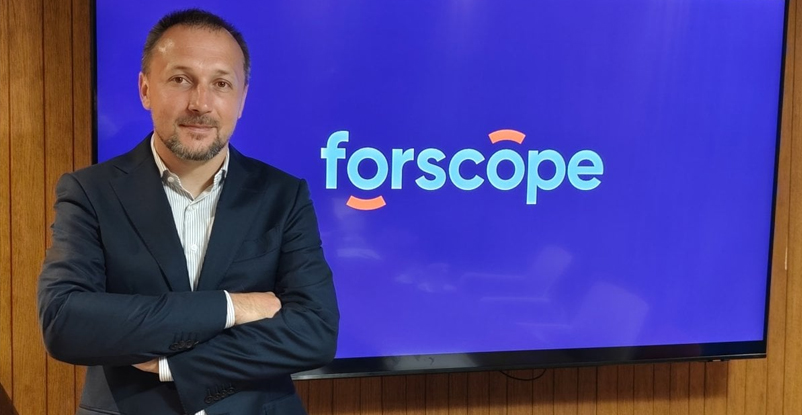
In an exclusive interview, Forscope’s CEO Jakub Šulák explained everything one needs to know about secondary software
Many people have never even heard of secondary software, meaning software that was previously owned.
They don’t know how it can be used legally with the appropriate licenses or how it can significantly reduce costs when purchasing software licenses in smaller or larger quantities.
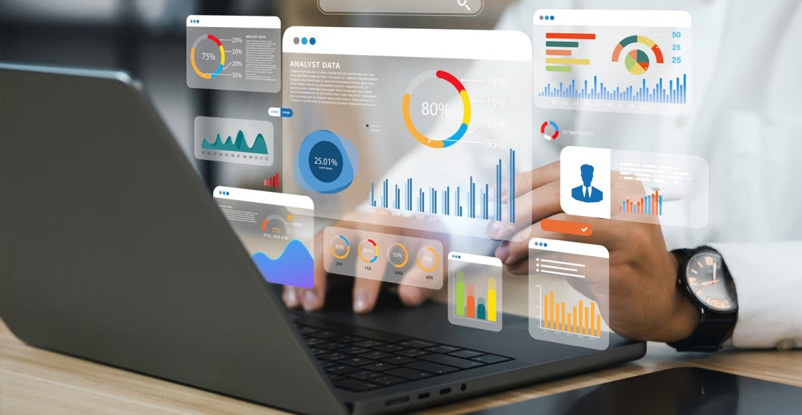
How can companies optimize costs when discontinuing software
In today’s IT world, software retirement is becoming a key tool for cost optimization. Phasing out outdated or unused licenses allows companies to use their resources more efficiently, improve compliance, and reduce total cost of ownership. The process includes both uninstalling programs and decommissioning the hardware that runs them. When managed strategically, software retirement not only cuts costs—it also creates opportunities for long-term savings and better management of IT assets.
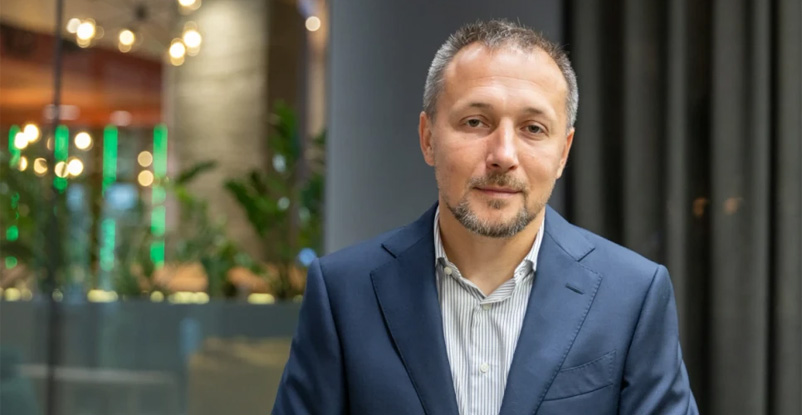
The European used software market is worth around 200 million euros
Forscope positions itself as a specialized software broker in Central and Eastern Europe (CEE), operating in nine countries, with the goal of providing organizations with fully legal software licenses at significantly lower prices than through traditional channels, explains Jakub Šulák for ICTbusiness Media and ICTbusiness.info.
He adds that today the overall market for used software is worth more than 200 million euros.

Forscope – Modernization and Savings: The New Software Strategy for the Public Sector
In Greece, as in the rest of Europe, public organizations face significant pressure to provide digital services that are efficient, secure, and easily accessible.
However, due to limited budgets and complex compliance requirements, achieving digital modernization is often challenging.
One of the most effective strategies to balance these demands lies in rethinking how software is procured.

End of an Era for Windows 10 and Office Versions – What Options Do Businesses Have?
On October 14, Microsoft will end support for several popular products, including Windows 10, Office 2016, and Office 2019.
This decision affects millions of devices worldwide, which will soon be exposed.
After this date, devices will no longer receive security updates from the manufacturer, increasing cybersecurity risks, compliance issues, and unforeseen costs for businesses.
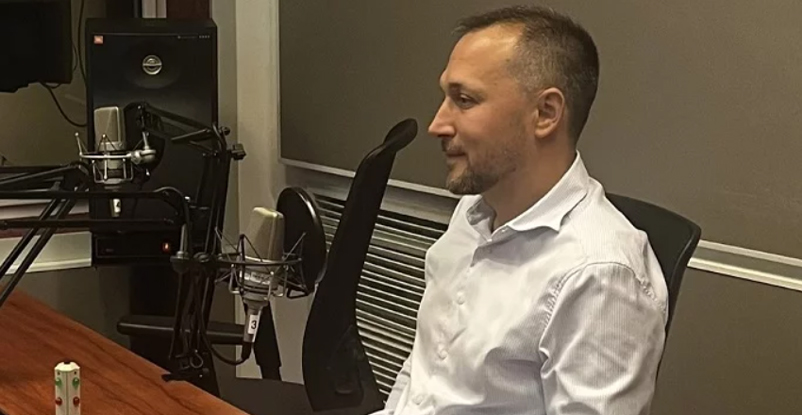
Pre-owned software business gains foothold in Poland
In Poland, the concept of secondary-market software remains relatively unfamiliar, yet across Central and Eastern Europe the sector is expanding rapidly, growing by more than 20 percent each year.
By purchasing pre-owned licenses, institutions and businesses can cut costs by as much as 70–80 percent on products such as Microsoft software — all while staying fully compliant with the law.
Leading the way in this niche is Forscope, a Czech company active in 10 regional markets, with an especially strong presence in Poland.
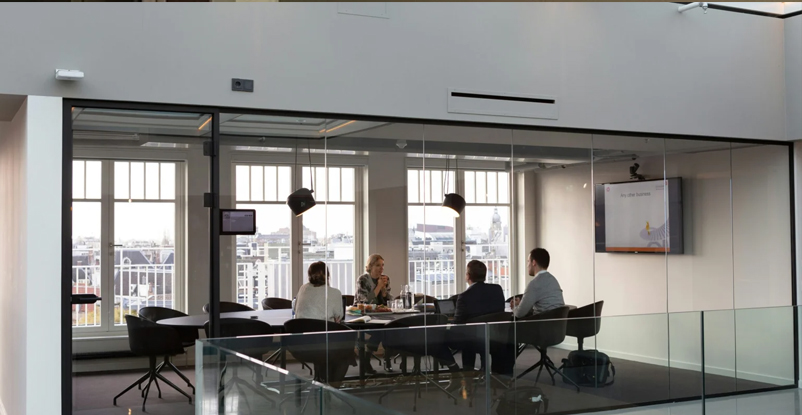
High-quality software with reduced corporate costs
In today’s business environment, companies continuously monitor their technology budgets, aiming to achieve the best possible results without increasing expenses.
However, while organizations pay close attention to optimizing hardware, they often overlook cost-saving opportunities in software procurement.
An important alternative that is increasingly gaining ground over purchasing new licenses is acquiring secondary software, that is, the legal resale of fully licensed, previously used software.
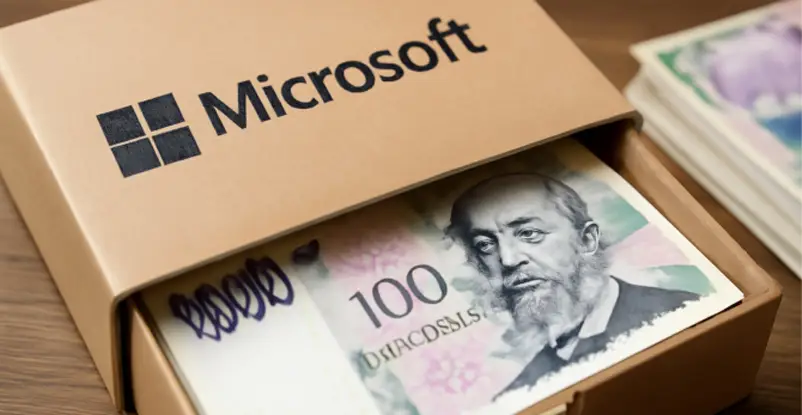
Did you know you can resell any old licenses, not just for Microsoft products?
Companies can legally resell perpetual software licenses (e.g. Microsoft Office, Windows) under EU law if they prove legitimate origin.
In the Czech Republic, around CZK 100 million in used licenses are annually in circulation, with a potential for five times higher.
Companies and public entities have recovered almost CZK 2 billion in IT costs.
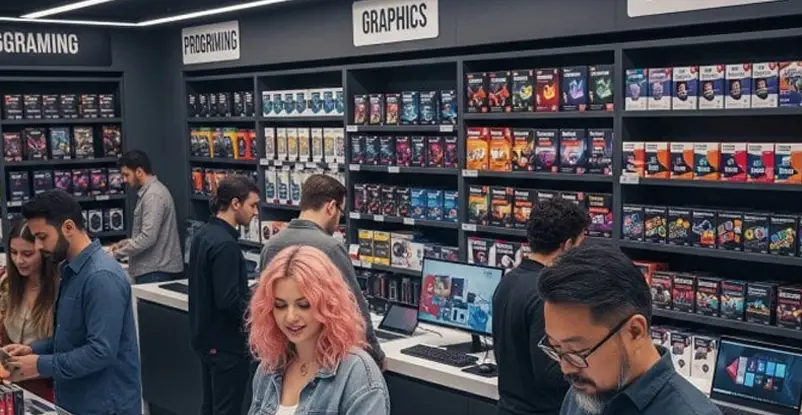
CZK 100 million worth of used software licenses are sold in the Czech Republic each year. Even the state buys them
The Czech secondary software market – involving resale of unused licenses – amounts to around CZK 100 million annually.
As a major player, Forscope sees a potential of up to five times more, with the CEE market possibly reaching CZK 6 billion.
The Czech government is among the buyers, which include ministries, municipalities, hospitals, and public institutions.

Czech Republic spends CZK 100 million annually on used software, but the market potential is CZK 500 million
Choosing the right Microsoft software license can seem like a complicated process for businesses, but making the right decision is crucial to meeting needs and making the most of their budget.
There are three main types of licenses: OEM (Original Equipment Manufacturer), Retail, and Volume Licensing.
Microsoft introduced Volume Licensing in 1993 to offer businesses a more cost-effective and easy-to-use way to acquire multiple software licenses.

Modernization of Microsoft Legacy Software – Unlock Value through Reevaluation and Monetization
Many organizations still use legacy Microsoft software, but, as digital needs evolve, modernization becomes key.
This includes upgrades, hybrid licensing, and monetizing unused licenses.
Companies like Forscope help align IT assets with long-term goals, reduce risks, and legally resell surplus licenses under EU law, creating both savings and sustainability.

How to Modernize Microsoft Software and Monetize Surplus Licenses
Legacy Microsoft software can become a burden with lacking patches, insecurity, and maintenance costs.
Companies can modernize through upgrades, hybrid licensing, and software asset management (SAM).
Crucially, monetizing unused licenses via brokers like Forscope generates funding for new IT projects. EU-resale laws ensure legal compliance, cost savings, sustainability, and audit readiness.

Impact of U.S. Tariffs on the IT Sector: The Battle for Software Independence
With the return of Trump-era tariff proposals, U.S. import duties on goods, including IT services and software licenses, could raise costs across the EU.
Dependency on American cloud subscriptions and the shift to subscription licensing pose financial risks.
Advocates emphasize EU circular economy principles and license reevaluation as strategic steps toward digital sovereignty.

End of Support for Windows 10 Is Approaching. What Companies Should Do
Microsoft will officially end support for Windows 10 on October 14, 2025. This affects PCs without security updates, technical support, or compliance.
Companies are urged to act now by auditing systems, planning migration (cloud, hybrid, or upgrade to Windows 11/Office 2021), and monetizing unused licenses. Partners like Forscope guide secure, cost-efficient transitions.

Trade ‘War’ Drives Up Software Prices
U.S. tariffs on tech, particularly software and cloud subscriptions, risk raising costs in the EU.
With major firms moving to subscription-only licensing, dependency on U.S. vendors leaves EU businesses vulnerable to external policies.
Analysts from Forscope say this crisis also presents a chance to reassess licensing strategies and strengthen Europe’s digital independence.
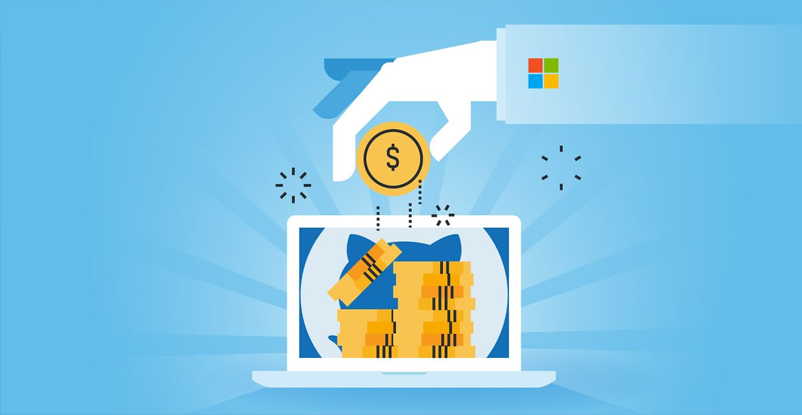
Leveraging Old Microsoft Software: How to Turn Cost into Advantage
Organizations can extend the value of outdated Microsoft software using “micro‑patching” tools like 0patch and by monetizing unused licenses.
Combining selective security fixes with EU‑legal resale via brokers like Forscope, they can ensure compliance, reduce costs by up to ~80%, and delay expensive upgrades, yielding both financial and sustainability gains.

OEM, Retail, or Volume License – A Practical Guide to Microsoft Licensing for Businesses
Microsoft OEM licenses are tied to hardware and non-transferable; Retail licenses are standalone and transferable, while Volume licenses suit businesses needing multiple activations.
Volume Licensing enables centralized management, downgrade rights, and reimaging flexibility, making it ideal for enterprise-scale deployments.
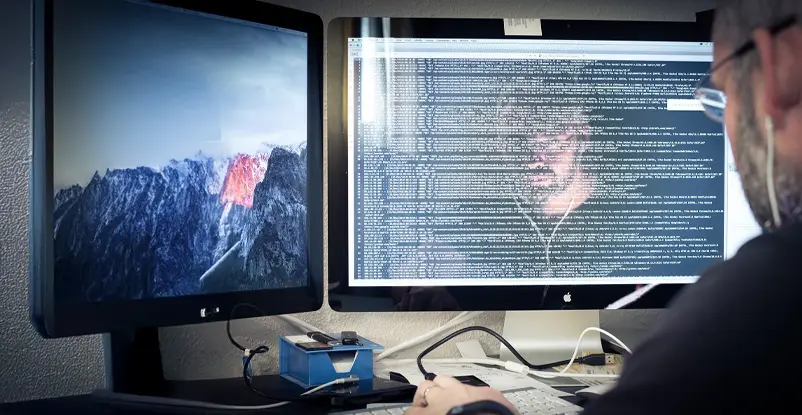
Digital Sovereignty or American Dependence? Software in the Shadow of Trump’s Tariffs
Trump’s proposed tariffs on European imports could raise software license and IT service costs in the EU.
EU firms reliant on U.S. vendors like Microsoft may face financial and operational risks.
Advocates stress performing software audits, extending license lifecycles, and embracing circular economy principles to boost digital sovereignty and reduce dependency.

From Trade Wars to Digital Wars – The Arrival of Digital Sovereignty
Europe is increasingly dependent on U.S. big tech (Microsoft, AWS, Google) controlling most cloud, OS, AI, and cybersecurity infrastructure.
The EU and member states push for digital sovereignty by investing in European data centers, open-source technologies, and regulatory frameworks like the AI Act, Chips Act, and national strategies to reduce reliance and boost resilience and competitiveness.

Software Licensing Trends
With a strong reputation for high-quality journalism and in-depth coverage of the technology, IT, and innovation sectors, ICT Business is a trusted source of insight for decision-makers, professionals, and tech enthusiasts alike.
In the interview, Barbara shared her perspective on software licensing trends, cost optimization strategies, and Forscope’s growing presence in the region.

IT Balance: On-Premise, Cloud or Hybrid? Which Model Will Best Optimize Your Costs and Infrastructure?
The cloud tempts with flexibility, on-premise provides control, and the hybrid model combines the best of both worlds.
In an era of rising subscription costs and legal regulations, companies are increasingly choosing a Hybrid IT strategy.
Is this the future of IT infrastructure? Find out how to find the perfect balance and optimize your technology spending.
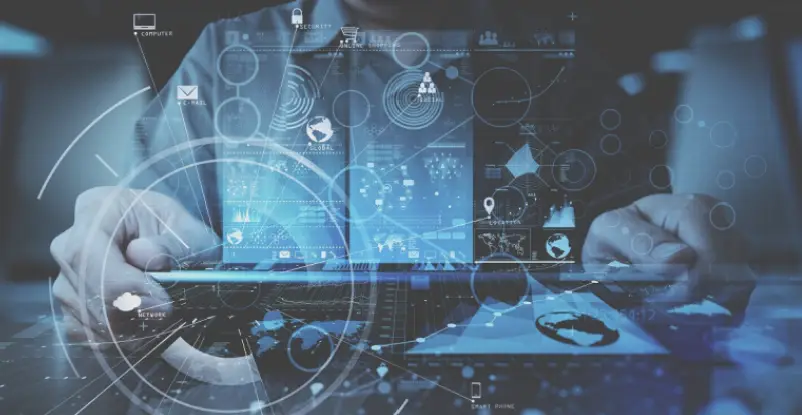
Software Selection: How to Choose the Right License for Your Business
Choosing the right Microsoft software license can seem like a complicated process for businesses, but making the right decision is crucial to meeting their needs and making the most of their budget.
There are three main types of licenses: OEM (Original Equipment Manufacturer), Retail, and Volume Licensing.
Microsoft introduced Volume Licensing in 1993 to offer businesses a more cost-effective and easy-to-use way to acquire multiple software licenses.
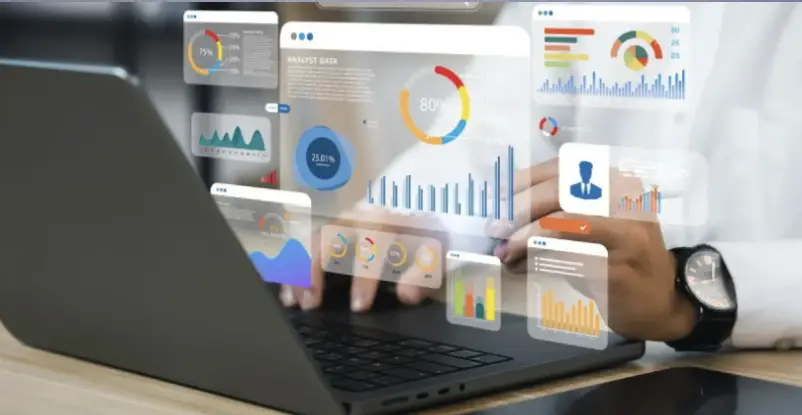
How will the NIS2 directive affect the ability to use secondary software?
In December 2022, the European Union approved the NIS2 (Network and Information System Directive 2), which sets out rules and requirements for the cybersecurity of ICT systems and networks.
Individual EU countries were supposed to implement NIS2 into their legal systems by October 18, 2024.
Will the new, stricter rules affect the possibility of using secondary software?
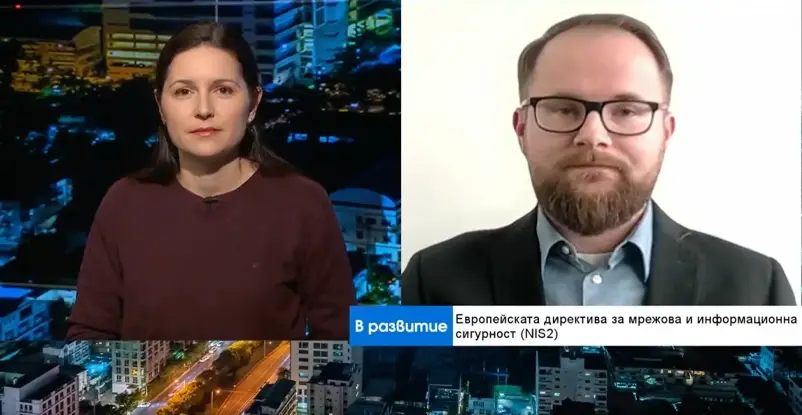
Companies in the EU must train their employees in cybersecurity.
Mateusz Drozdowski, Head of Licensing Solutions at Forscope, on “In Development” – February 25, 2025.
The Network and Information Systems Security Directive (NIS2) aims to harmonize legislation across EU member states by eliminating different interpretations of the text. With this directive, the EU seeks to ensure that businesses comply with fundamental cybersecurity standards, adapting them to threats such as cyberattacks, deepfakes, and more.
European countries are required to establish stricter security requirements, commented Mateusz Drozdowski, Head of Licensing Solutions at Forscope, on the program “In Development” with host Veronika Denizova.
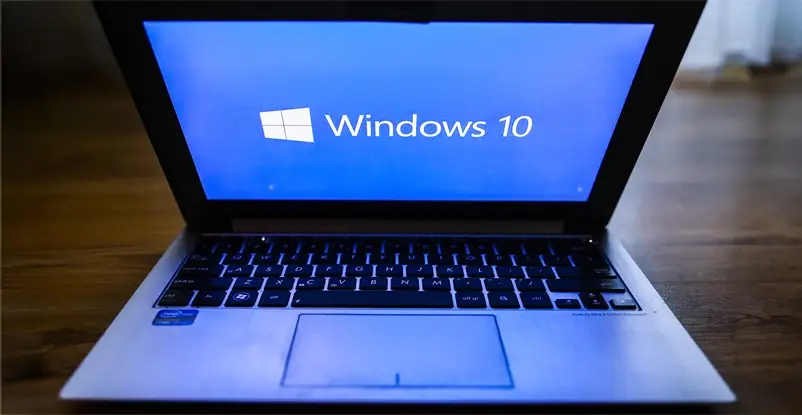
Support for many popular Microsoft products ends on October 14. What does this mean for businesses?
On October 14, 2025, Microsoft will officially end support for several widely used software products, including Windows 10, Office 2016, and Office 2019, warns Forscope, the largest software broker in Central and Eastern Europe.
For businesses relying on these solutions, this significant event raises critical concerns regarding security, compliance, and operational continuity. With only a few months remaining, companies must assess their IT infrastructure and determine the best course of action to avoid disruptions.

Mark the date: October 14, 2025, marks the end of support for many popular Microsoft products
Many businesses find that well-maintained legacy software can still provide reliable performance and cost savings when integrated with the right security measures. In cases where an upgrade is not an immediate priority, companies may benefit from working with IT solution providers specializing in licensing and compliance support to ensure continued security and regulatory adherence.
Among the companies addressing this need, Forscope, the largest software broker in Central and Eastern Europe (CEE) and a Microsoft Partner, provides fully licensed, cost-effective software solutions tailored to business requirements.
